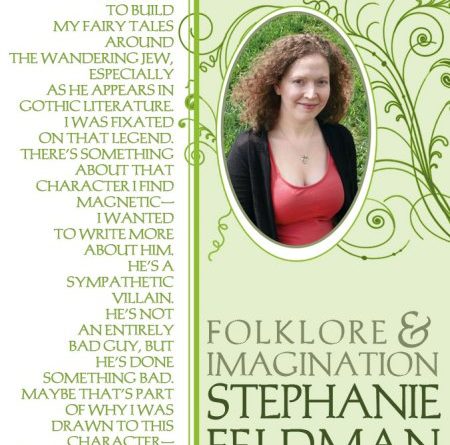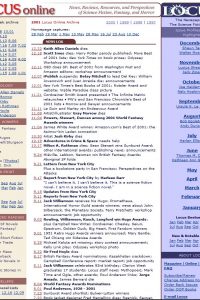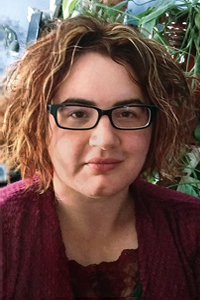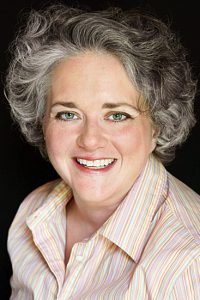Stephanie Feldman: Folklore & Imagination
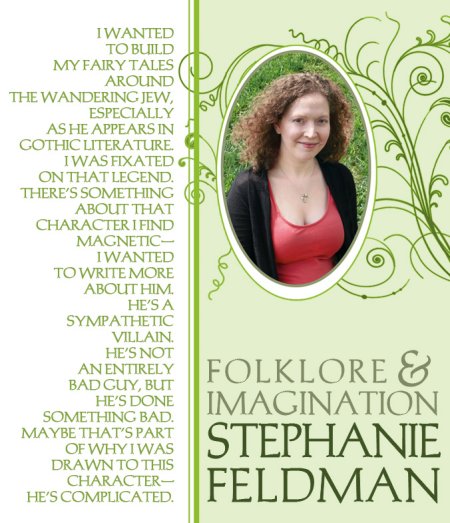 Stephanie Beth Feldman was born February 14, 1983 and grew up in Philadelphia. She studied English literature at Barnard College in New York and lived in the city for a decade. Her debut novel, literary fantasy The Angel of Losses (2014), won the Crawford Award for best first fantasy. She teaches fiction writing at Arcadia University, and lives outside Philadelphia with her husband and daughter.
Stephanie Beth Feldman was born February 14, 1983 and grew up in Philadelphia. She studied English literature at Barnard College in New York and lived in the city for a decade. Her debut novel, literary fantasy The Angel of Losses (2014), won the Crawford Award for best first fantasy. She teaches fiction writing at Arcadia University, and lives outside Philadelphia with her husband and daughter.
Excerpts from the interview:
‘‘I always wanted to be a writer. When I came of age I realized how daunting it is to write and to publish, and what a tough path it is. For a while I thought maybe I needed to find something else, but in the end there was nothing else. I did have a day job for a long time, of course, but writing was always my focus.
‘‘In college, I studied English literature. I intended to study the canon. I felt like I needed that classical knowledge base. I found myself focusing on the British Gothic, 18th-century books. That’s what I wrote my undergraduate thesis on. Those books are pretty fantastic, in different senses of the word. The Monk by Matthew Lewis was an important book for me, and factors in my novel, too. My narrator is researching and writing on those same books. I thought for a while I would go on to graduate school and get my PhD. I decided not to do that, but that’s what my narrator is doing. She’s taking that path for me.
‘‘This is how I usually describe The Angel of Losses: It’s about two sisters. It’s narrated by Marjorie, the older sister, a scholar of Gothic literature. She’s a workaholic living on her own in the city, and she’s estranged from her younger sister Holly. The two were very close growing up, but then Holly decided to convert to Orthodox Judaism, get married young, and have a baby. She’s pregnant at the beginning of the book, and she’s living according to a lifestyle that Marjorie doesn’t understand and doesn’t like. Marjorie doesn’t like Holly’s husband, Nathan, who’s a member of an obscure mystical sect, either. He and Marjorie have always butted heads.
…
‘‘I love the genre community. I’m very happy to be here. I wrote the book without thinking much about contemporary genre. I was only thinking about the British Gothic, and what I wanted to borrow from that tradition, and what I wanted to subvert. Then again, that’s two or three hundred years old. It’s not like you have a community of contemporary British Gothic readers, so I was thinking about genre in a particular aesthetic sense. We sold the novel as a literary book, but I always thought it would appeal to a whole variety of readers. I have to admit I’m not super well read and educated in the history of science fiction, but my husband is, so we have every Hugo and Nebula Award winner on the shelf, because at one point he went back and read every single one.
‘‘I’m excited readers have embraced the fantasy elements. When I talk to readers or see reviews from people who approach it from more of a literary point of view, they don’t always get or like the fantasy. I’ve always read genre-bending books, so that’s been my point of view as a reader and a writer all along. I feel at home with other readers and writers who are flexible about what they let in. As soon as I started talking to the publisher about how we were going to present this book, we used the term ‘crossover.’ It’s a crossover book. I was also thinking about Helene Wecker’s The Golem and the Jinni, which is a great book that has a lot in common with this one. We were talking about how to sell this book, and I said, ‘Do it however you sold that one.’
‘‘I’ve had people praise me for my research. They say, ‘I’ve never heard of The White Rebbe before.’ I’ll say, ‘That’s because I made him up, but thank you.’ People think I must be a great scholar because I found things they didn’t know about. I tried to explain in the acknowledgements where the line is between what I made up and what I took from history. I wanted it to be accessible to readers even if they didn’t have a Jewish background. I’m Jewish, but I don’t have the same background as the characters in this book. The stories come from folklore and my imagination. I thought whatever I put in the book should be enough information to understand what’s happening and what the story is. I’ve had readers say, ‘I didn’t know anything about this because I’m not Jewish.’ First of all, that’s okay, and second of all, it’s not all real anyway.
‘‘I didn’t even think of it as a Jewish book until my agent said something to that effect. The main character is secular and her sister converts and her brother is very religious, so while their context is Jewish, I thought of it more as a universal thing, how in any family or community you have individuals who follow different lifestyles, or are more or less mainstream, or just have different definitions of what it means to be a part of that group. That’s always been fascinating to me. I used Jewish characters to explore that dynamic, but I don’t think it’s just a Jewish issue. As a writer, I was looking for my own immortal sorcerer. I borrowed from Jewish myth to create him, but I could have found him through other sources, too.’’


